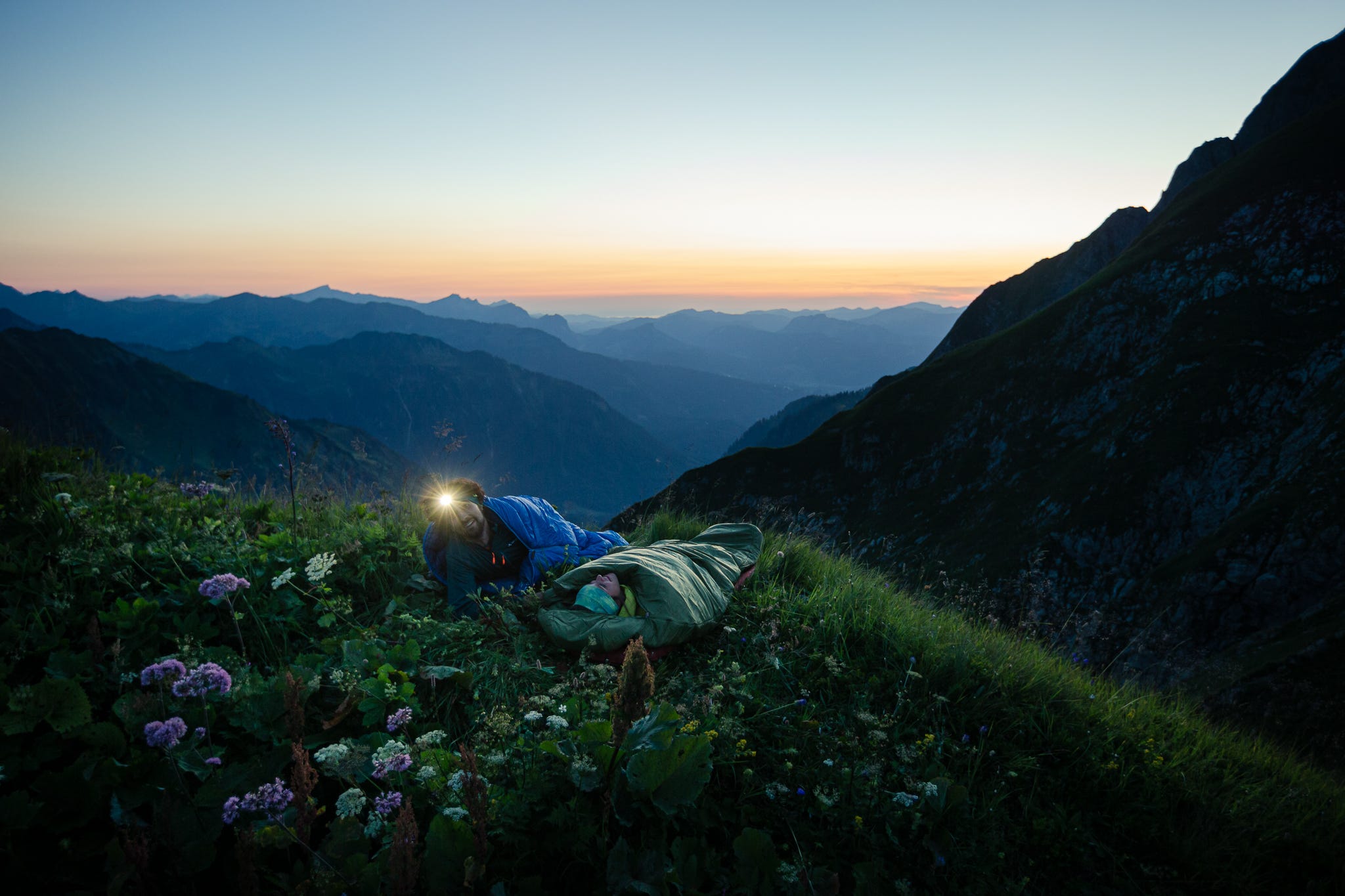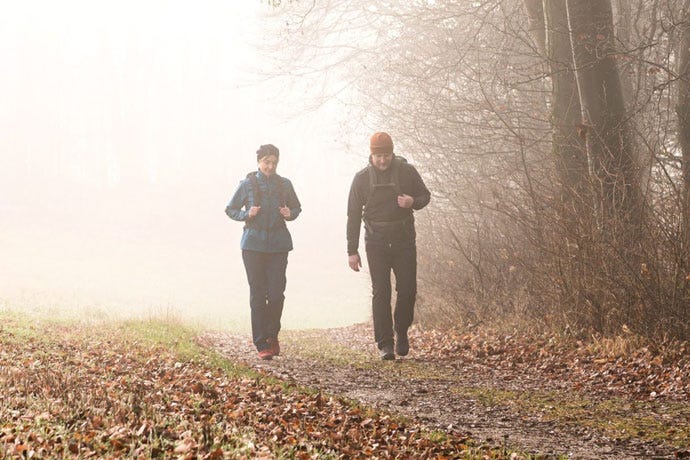Groundbreaking Materials: Outdoor clothing made from plants
Sustainable plant-based functional materials for . At the chemical company Evonik, we found what our product designers had been looking for for a long time: a bio-based plastic fiber made from the oil of the castor plant. These can replace petroleum-based plastics while offering many advantages for functional clothing.




"Textile manufacturing usually starts at the well."
The pointed sentence reflects the reality of the modern textile industry: because synthetic plastic fibers such as spandex, polyester or polyacrylic are almost always obtained from petroleum and it is hard to imagine our clothing without them.
Synthetic fibers made from plants are highly functional.
The outdoor industry in particular depends on textiles fulfilling certain functions: They have to be elastic and robust, and on top of that they should be as water-repellent as possible. Until now, only petroleum-based plastics had these properties. But VAUDE has already set out into the post-fossil age. "We want to move away from petroleum to renewable or recycled raw materials," Gottschalk says. By 2024, 90% of VAUDE's collection will be made from at least 50% bio-based or recycled materials. Currently, the figure is over two-thirds.
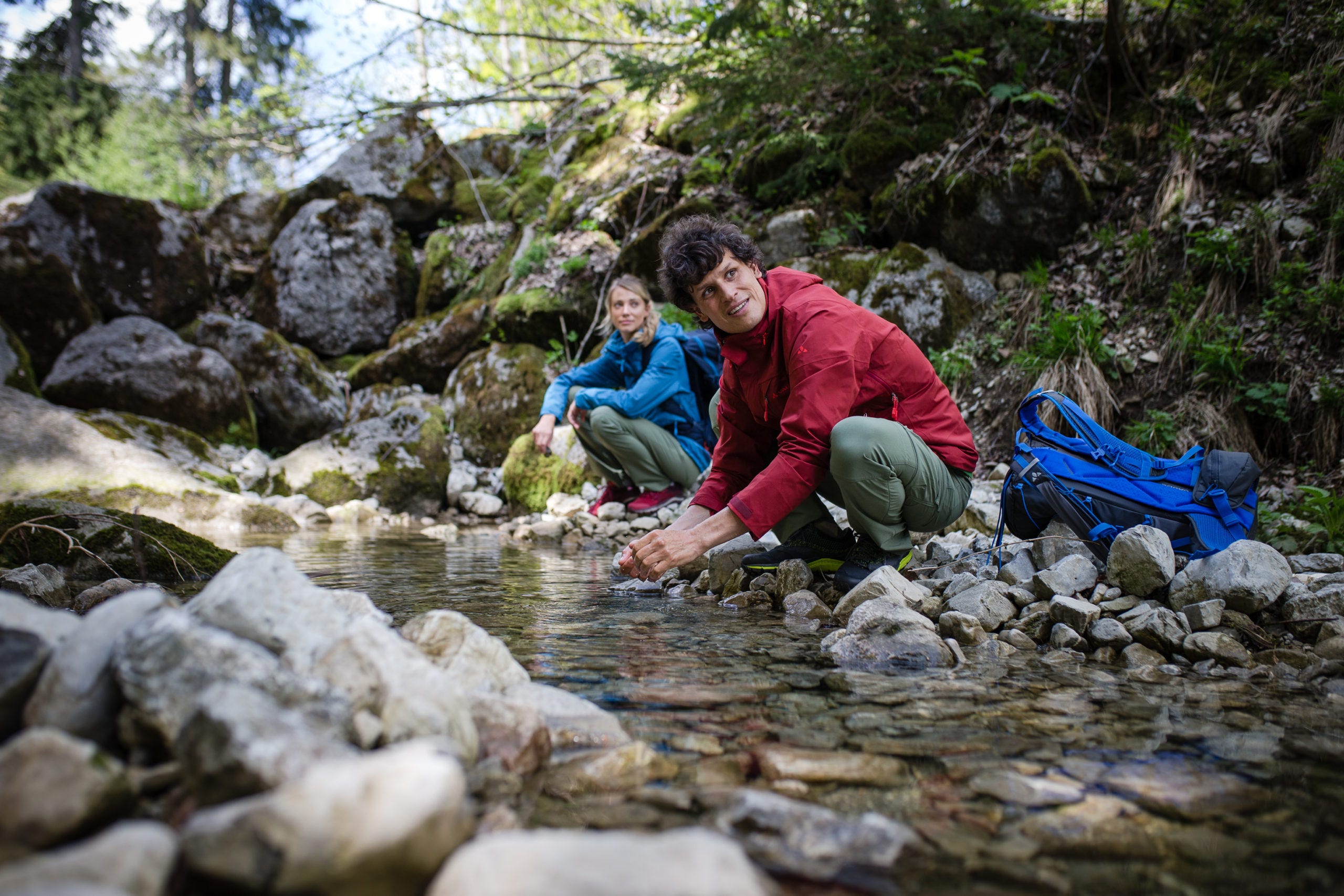

Because the earth's oil reserves are known to be finite, the chemical company Evonik began more than ten years ago to develop a plastic that could be made entirely from renewable raw materials. Evonik researchers finally succeeded in inventing VESTAMID® Terra, a fiber obtained from the oil of the castor bean plant whose properties are in no way inferior to those of conventional plastics. It is a fiber that is particularly suitable for textile production. This is because the bio-based plastic has downright excellent properties for textiles and also saves CO2 in production. "The fiber has a very comfortable wearing function, good water management, and can be dyed well at low temperatures," is how Uwe Kannengießer, Director Optics & Filaments in the High Performance Polymers Business Unit at Evonik, sums it up.
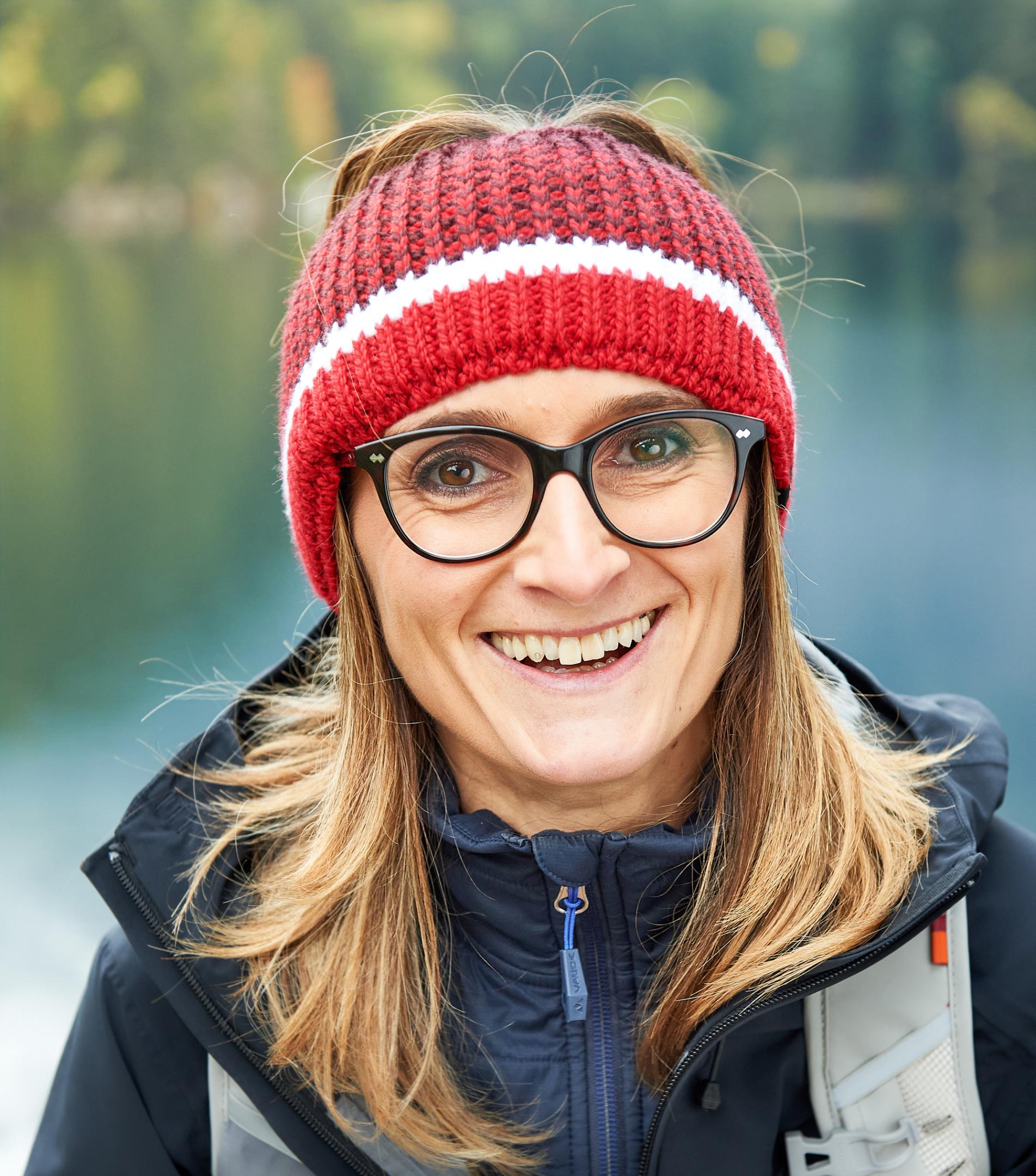

"We found that the plastic is not only more sustainable, but also has better properties than conventional polyamide fabric."
A sustainable synthetic fiber with better properties than petroleum-based plastics
So, in the search for renewable raw materials, our development team landed at Evonik: "That's unusual for our industry; we approached a chemical company directly, not a fabric manufacturer," says René Bethmann, Innovation Manager Materials and Manufacturing at VAUDE. The first test phase followed: could VESTAMID® Terra really be used as desired? "We found that the plastic is not only more sustainable, but also has better properties than conventional polyamide fabric," Bethmann tells us.
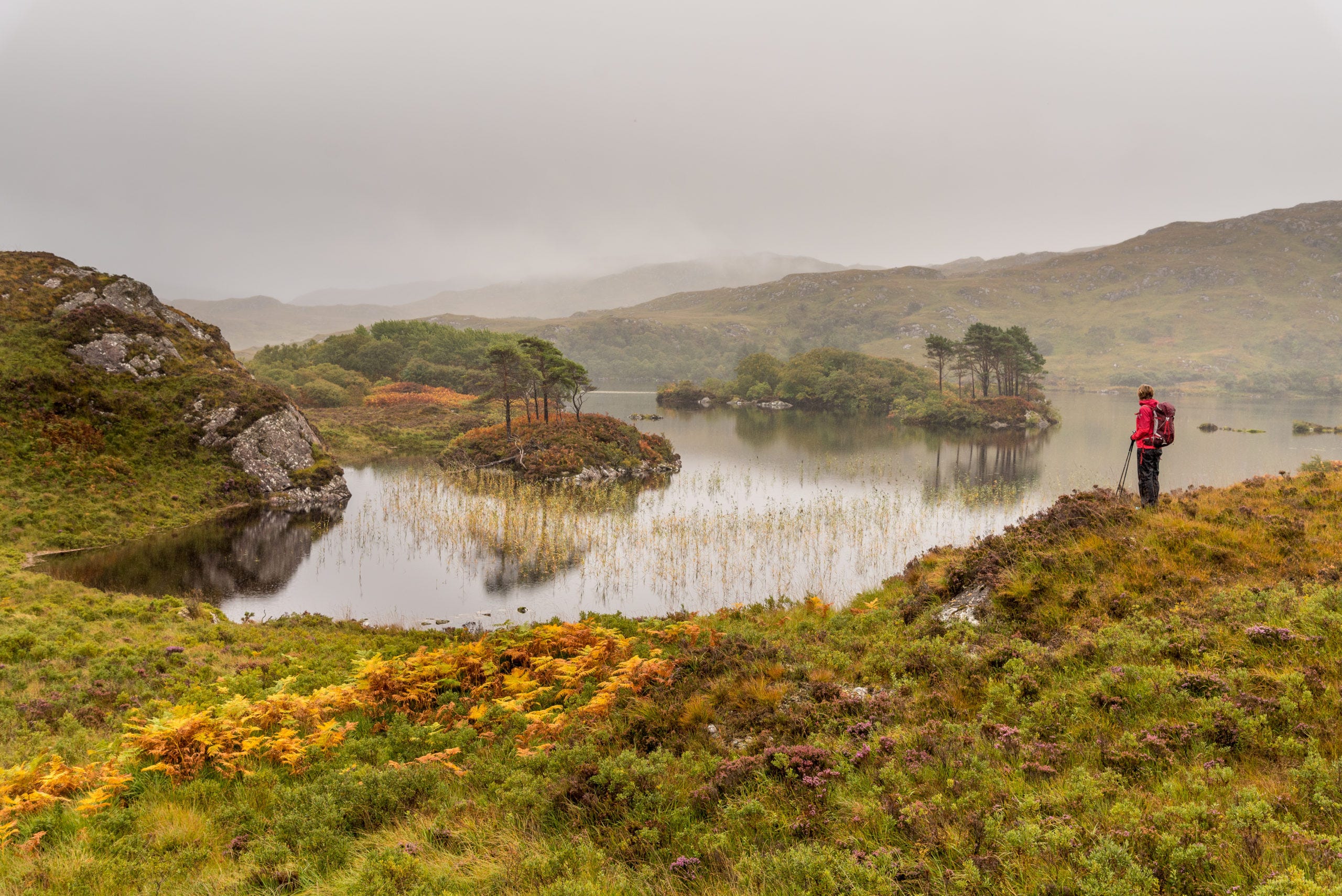

Above all, the lower moisture absorption of the organic yarn made from castor oil is attractive for outdoor clothing. After all, pants should dry quickly and not stick wet to the body during forays through damp grass or rain showers. A fabric that dries quickly is also beneficial after washing. So our product designers decided to create trekking pants from this novel and sustainable material. The result was the Skarvan Biobased hiking pants, which have been available for purchase since spring 2021. It also fits our claim. "We want to be pioneers and leave the beaten track," says Tröster. "The ecological footprint of our products should be as small as possible. Climate neutrality is one of the most important corporate goals at VAUDE." Since summer 2022, there are more outdoor products with nylon from the castor plant.
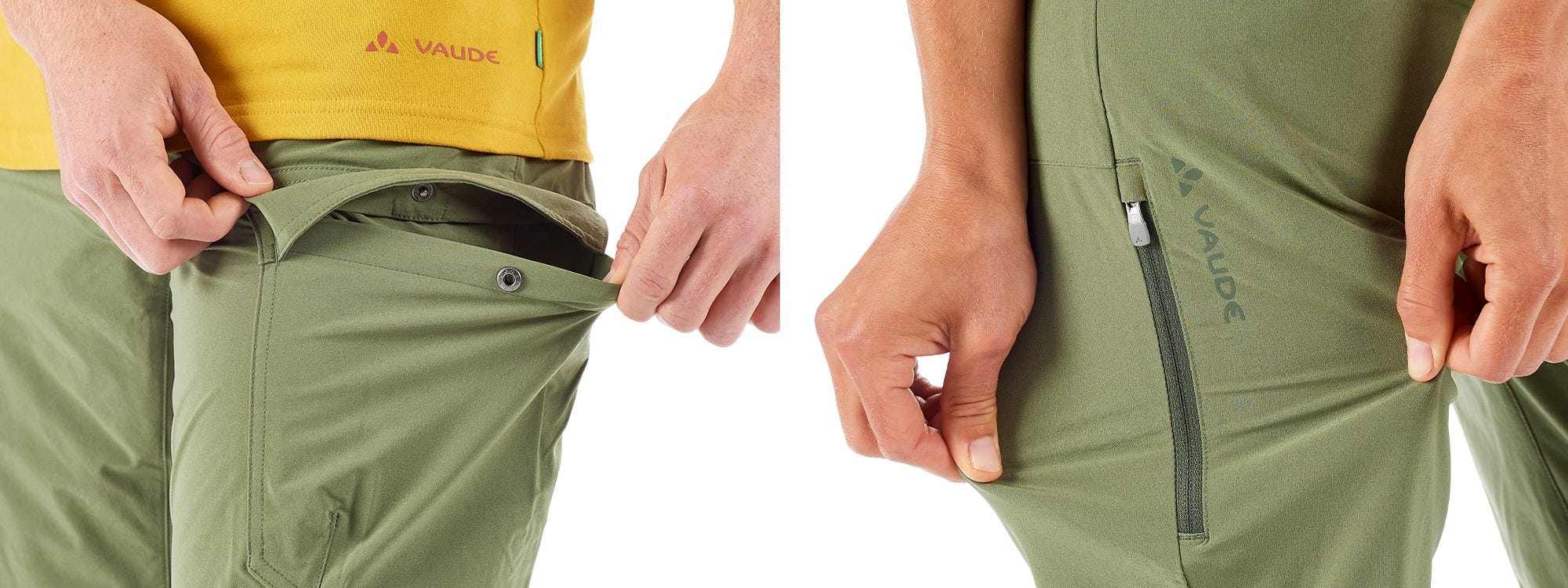

However, biobased raw materials must also always face the discussion of whether they are not destroying their sustainability balance by other factors - for example, because costly irrigation is required to grow the plant, or because the raw material could also be used as animal feed instead. "None of that applies to the castor bean plant," says Bethmann. It doesn't need to be fertilized or artificially irrigated, grows in dry areas that aren't suitable for other types of agriculture in the first place - and, while it's a popular food for caterpillars, it's inedible to humans and other mammals. The oil is made from the seeds, but unlike them, it is completely non-toxic.
Customers want to be more sustainable and no longer part of the Throwaway society
Many customers are increasingly asking for environmentally friendly products. Both we at VAUDE and Evonik have noticed this. "The topic is present," says Kannengießer from Evonik: "More and more people want sustainable consumption and not to be part of the throwaway society."


At VAUDE, we have both the necessary expertise and the contacts to spinning mills and textile manufacturers with the required machinery. After all, this is also part of such an innovation: the spinning mills that produce the yarn from the granulate have to readjust and set up their machines for the new material. "This was also an opportunity for our partners to expand their product range and move forward innovatively," says Bethmann. Accordingly, there was great interest in participating in the project. Another advantage is that in this case the entire value chain is located in one region, so there is no need to transport material back and forth across several continents between the individual production steps: Evonik produces the new bioplastic in China, where the castor oil required for it also grows. Spinning and textile production are located in nearby Taiwan.


"In contrast to polyamides made purely from petroleum, the novel fabric offers higher abrasion resistance, better tear strength and more elastic stretch."
The bio-based plastic fiber is also a contribution to climate protection
Our product development team decided to use the new sustainable plastic in a new pair of hiking pants. The material for these is made up of 62 percent castor oil, with the remaining part made from conventional raw material: "In contrast to polyamides made purely from petroleum, the novel material offers greater abrasion resistance, better tear strength and more elastic stretch." Another advantage is that because VESTAMID® Terra can be easily colored even at low temperatures, CO2 is also saved during production, another step toward VAUDE's goal of becoming climate-neutral in its entire production. According to Evonik's calculations, the CO2 footprint of the biopolyamide is only half that of the production of conventional plastic yarn-partly because additional carbon is stored during the cultivation of the castor plant.


"By launching this project together with Evonik, we have once again demonstrated how innovative we are and that we take pioneering spirit seriously," says Bethmann. So anyone who sets out into nature soon in a bio-based outdoor product can justifiably claim that their pants are green-regardless of the color.
